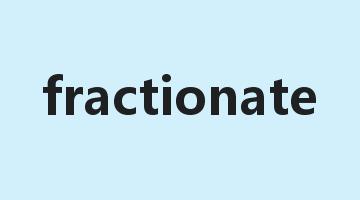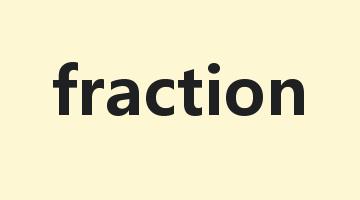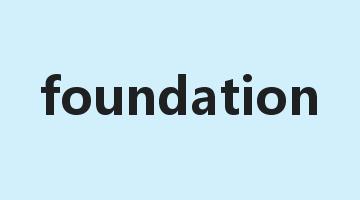ignore和neglect的例句
2023-12-15 20:16:15 学考宝 作者:佚名
neglect和ignore的区别:中文含义不同、词性及用法不同。neglect可作名词和动词,含义有疏于照顾、忽视、疏漏、未被重视等,是指因不留心或遗忘而疏忽,或故意不予注意;ignore只作动词,含义有佯装未见、不予理睬,是指有意忽视、不理睬。

ignore和neglect的例句
Ignore例句:
1、He ignored all the ‘No Smoking’ signs and lit up a cigarette.
他无视所有“禁止吸烟”的警示,点了香烟。
2、She ignored him and carried on with her work.
她没理他,继续干她的活。
3、She said her husband ignored her.
她说丈夫不关心她。
4、She ignored legal advice to drop the case
她没有理睬律师关于放弃诉讼的建议。
Neglect例句:
1、The buildings are crumbling from years of neglect .
由于多年无人维修,这些建筑物行将倒塌。
2、The law imposes penalties for the neglect of children.
法律对疏于照管儿童有处罚措施。
3、The buildings had been neglected for years.
这些大楼多年来一直无人看管。
4、Dance has been neglected by television.
电视节目一向不重视舞蹈。
ignore和neglect有什么区别
1、表达意思不同
neglect:疏于照顾,未予看管;不予重视;漏做;忽略,忽视,未被重视。
ignore:佯装未见,不理睬;忽视,对……不予理会;<法律>(因证据不足)驳回(诉讼)。
2、词性不同
neglect:neglect通常在句中既可以作名词,也可以作动词。
例:After years of neglect and decline the city was cleaning itself up.
多年的玩忽职守和经济萧条过后,这个城市在进行自我整顿。
ignore:ignore通常在句中作动词,修饰主语或宾语。
例:It would be a mistake to ignore his opinion.
忽略他的意见是不对的。
3、侧重点不同
neglect:通常是指假装没有看见或听到某事,多用于描述故意地忽视。
ignore:通常是指未能妥善照顾某人或给予某事足够的关注,也指未履行职责、义务等,多用于形容某人无心地疏忽。


















